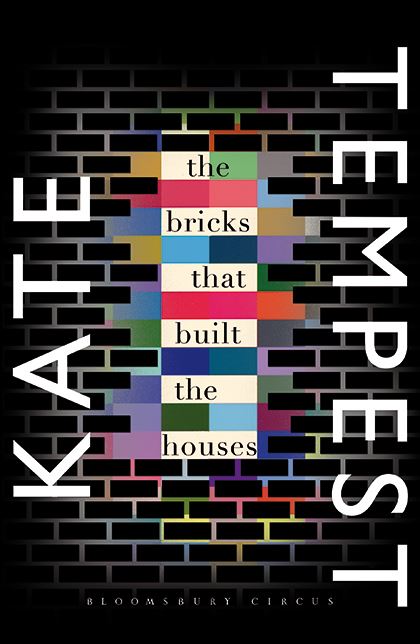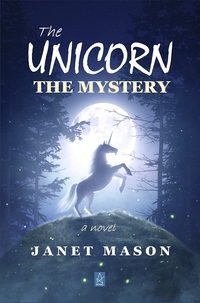Everybody’s looking for their tiny piece of meaning. Some fleeting perfect thing that might make them more alive. ~The Bricks that Built the Houses, Kate Tempest
Dream, if you can, a courtyard… where your view of the sky above is condensed by the high walls that surround you into the smallest swath of blue, where beyond these walls, those who are not your friends show themselves shallow with pretense, hungry for money and celebrity, concerned only with their own self-interest, where luxury apartment buildings take root in the neighborhood where the hairdresser, greasy spoon and bridal shop once stood, and you find yourself numbing the longing for your own untenable dreams with soul-sucking work and too much gak. If this picture blossoming within the recesses of your mind feels even the slightest bit familiar and you’ve known the loneliness that resides within the determination to push forward in spite of an incessant urge to keep turning back, chances are, The Bricks that Built the Houses by Kate Tempest, is the very story you, yourself, crave to tell.
The novel begins and ends with three friends—Becky, a contemporary dancer and erotic masseuse; Harry, a high-end drug dealer with dreams of establishing her own community center, where people from all walks of life can laugh, learn languages and grab breakfast for less than twelve quid; and, Leon, the son of a man who fought for the Wotuja people who knows utterly nothing of his father’s legacy nor his own—driving into the stormiest of nights, leaving their lifetimes in London behind. Yet, in spite of the treachery so palpable within their flight, their story would be no story at all without the long-ago events that shaped them, the pain handed down to them under the merciless guise of love and the cacophonous impact of too many wounded souls colliding “Mighty. Like cymbals, like oceans crashing.”
Though Becky and Harry assume their place front and center (with an attraction between them that simply begs for indulgence), there is no such thing as a minor character within this work, for Tempest explores even the most tangential of lives with a probe adept at seeking out the rawest of wounds, guided by the uncommon hand of nuance and delicacy, rendering each of their stories beautiful precisely for their resilience in the midst of loss, sacrifice, disillusionment and shattered dreams. All the while, the excavation of that which makes these characters—and each of us—so very human, so vulnerable and alive proceeds amid an absolute rejection of all things maudlin or overtly sentimental.
Just as within her award-winning poetry and performance, Tempest tackles the most grievous injustices and heart wounds with a matter-of-fact precision that, when combined with her poetic sensibilities, provides far more thrust than any bleeding heart’s tale. Thus, mind you, hers is not a story for the faint-of-heart nor the moralistic. After all, the characters within don’t necessarily make the most conventional choices, but I’ll be damned if they aren’t doing the best they can.
For me, the takeaways from The Bricks that Built the Houses are far too numerous to count, and I’d bet my last pint or waning hope for the future that, depending upon one’s own history, they are destined to be unique to every reader. However, amid the grittiness, the overarching sense of alienation as well as any threat to life or limb, what struck me most was the way in which Tempest illustrates each character’s humanness without judgement yet with limitless empathy, if not downright compassion. After all, isn’t it true that when we are privy to another person’s pain, we can better understand their attempts to either embrace or avoid it?
Furthermore, The Bricks that Built the Houses instilled within me with a more tender-hearted willingness to accept the unavoidable groundlessness of our lives. As much as we might mourn the gentrification of our neighborhoods, they will never again be the same. The woman of our fantasies, over time, may place us in a box that doesn’t come close to fitting the breadth of our dreams. And, sometimes, we find that the only way to rediscover the very essence of ourselves lies in moving toward the very thing we believed was beneath us or, though we’re loathe to admit it, in returning home to a place that no longer looks like home at all.


